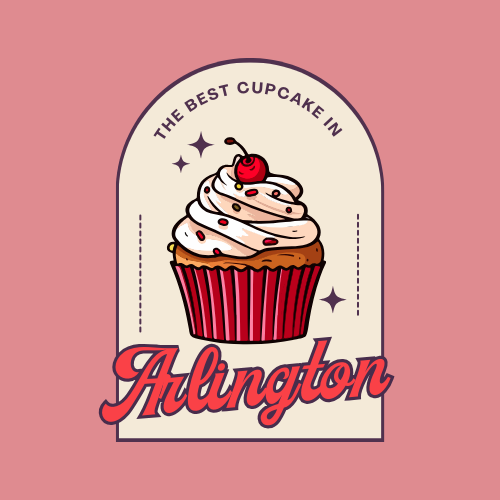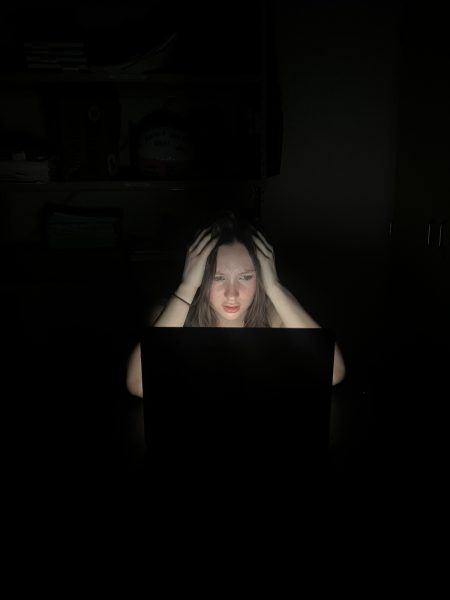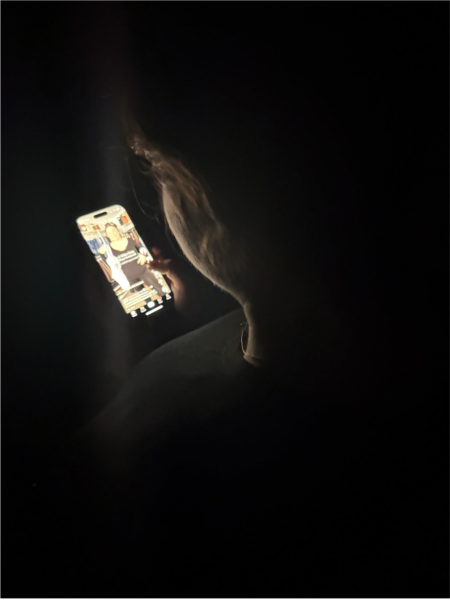Mental Health, Straight from the Horse’s Mouth
At first glance, it’s hard to believe the critically acclaimed animated Netflix original series, “BoJack Horseman ” is capable of depicting mental health issues and depression more accurately than television has previously shown. The Hollywood satire debuted on August 22, 2014, and released its conclusion with its final episodes for season six, which aired on Netflix on January 31. “BoJack Horseman ” has been making waves in the industry with its realistic take on the celebrity world, and more importantly, its realistic take on mental health. The show constantly backflips between comedy to tragedy, making almost all of its deeper meaning hit too close to home, often at completely unexpected times.
The show focuses on an anthropomorphic horse, BoJack Horseman, who was once the star of a very popular sitcom in the 90s called “Horsin Around”. Now haunted by this success years down the road as a washed-up has-been, BoJack Horseman wants to continue his legacy and not have it defined by his past, as he tries to survive in a Hollywood that doesn’t seem so familiar to him anymore. Despite the obvious pressures of being a Hollywood star and his frequent baths of self-pity and drug overdoses, the show makes it abundantly clear that much of the mental problems BoJack faces are ignited by his brutal and traumatic childhood. This simple aspect to the show is something most can find a connection with as it mirrors real life cases for those suffering with mental issues in the real world.
At this point, I know what you’re thinking: “There is no way an animated Netflix show about a talking horse is going to have any sort of real and sophisticated opinions on mental health”. Honestly, I don’t blame this logic, I mean the show literally has talking animals and humans coexisting and having personal relationships without batting an eye. When I first watched the show, it’s hard to understand why not a whole lot of people have seen it relative to its overwhelming success. This is mainly due to the fact that the show didn’t get such a great start on its road to success. Season one didn’t dive too deep into the character’s minds and seemed a bit two-dimensional, especially compared to later seasons. The season quickly turned around and started dealing with some serious issues with BoJack and others toward the end, but this still accounted for a lost follower base. In fact, this is even proved by the genius behind the whole production and the creator of the show, Raphael Matthew Bob-Waksberg, during an interview on the series’ legacy.
“I think a big turning point for our show happens in that first season, at episode seven and eight. Funnily enough, we only sent the first six episodes to critics, which looking back, might have been a mistake”
Besides just featuring that horse from “Horsin’ Around”, the show is also famous for having a very preposterous yet eye-opening view on Hollywood and its stars. Behind all the jokes and gags, are real shots fired at the toxic traits that circulate within the system that don’t seem so obvious from its glowing glamorous exterior seen by audiences. It truly reveals the cut-throat realities and drug-related pitfalls that are concealed behind the movie productions and curtains of “show biz” that most other shows really don’t have the guts to show.
No matter how ridiculous the show seems to get, it seems to always pull back to the central theme that mental health is something that should be taken seriously, and not pushed under the rug. More importantly, “BoJack Horseman” is a depiction of what happens when it’s not, as most of his problems are pushed off by him, or Hollywood doesn’t give him the chance to fix them. The problem that reoccurs with BoJack is that although he experiences common problems that affect him mentally, he runs away from them the second he can until eventually he’s cornered himself, which is not uncommon in the real world. Since he is a famous figure in Hollywood, pretty much every news reporter can’t wait to open the floodgates and have his past self rain all over his current self’s parade.
Another essential aspect to the show regarding mental health is the art and confusion of decision making, and the consequences that follow. To be quite frank, Bojack Horseman is practically the CEO of bad decisions. Since the inception of the show, Bojack Horseman has been making decisions with a brain saturated in alcohol, an assortment of drugs, and a heavy dose of self-loathing. All these poor choices he makes are a part of a grander picture of his life, and what it truly means to be “famous” in a sinkhole like Hollywood. The life choices he makes are of the assortment that seem obviously wrong to the viewers, and pretty much what Bojack Horseman does is a “what not to do guide” in those situations. Despite the clear lines between right and wrong portrayed in the show, BoJack’s actions accurately represent what famous figures sickened with depression do quite frequently, often with few consequences until someone is persistent enough to ensnare them in their own bad behavior.
At the end of the day BoJack Horseman serves one purpose: to be a character we can see a little bit of ourselves in. He is supposed to be this character that viewers want to dislike and disagree with but somehow still end up supporting, making the show particularly enticing. BoJack Horseman believes the reason he is such a horrible person is simply because that’s just who he is, and that there is no cure for “being BoJack Horseman”. More importantly, his parents reinforce this idea as they claim he is the reason for most of their troubles, as they openly insult and put the weight of the world on a child. The show dips to some of the lowest points of characters I have ever seen portrayed on TV, which emphasizes the consequences of not treating mental illness like a real illness, showing that these people are not promised happiness because of their fame.
BoJack often says very cynical things like “everybody likes you, but nobody loves you,” as he claims that is what really being lonely feels like, as he is referring to his life of fame where not a lot of people know him beyond “Horsin Around.” With all the heavy emotional nukes the show drops on viewers, the show also offers a lot of hope for those suffering the way BoJack is. The show reminds viewers that it takes a long time to realize how truly miserable you are, and even longer to see that it doesn’t have to be that way.












